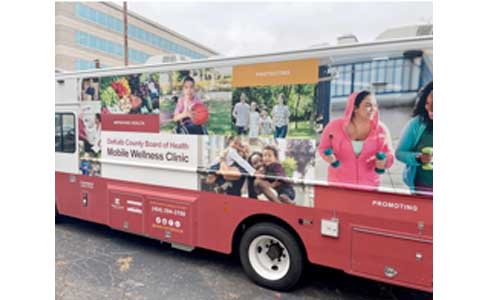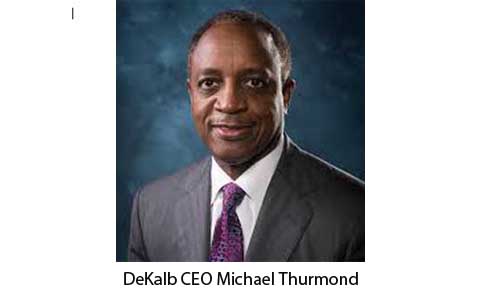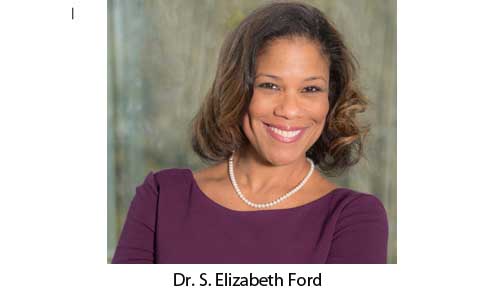
First two of 10 healthcare vehicles placed into service


Today, DeKalb CEO Michael Thurmond and Dr. S. Elizabeth Ford, district health director, announced the launch of two step vans funded with federal CARES Act money that will be owned and deployed by the DeKalb County Board of Health (DCBOH). By Dec. 31, 2020, two additional vans and six mobile medical units will be in operation.
The step vans cost $262,000 each, for a total expenditure of $1.1 million; the mobile medical units will cost $282,000, each, for a total expenditure of $1.7 million.
“The health, safety and economic well-being of all DeKalb residents are the primary objectives of the county’s response to the pandemic,” said Thurmond. “We are fortunate to have Dr. Ford and her excellent team as partners.”
““These mobile units will be a game-changer for health care delivery in DeKalb County,” said Ford. “With these units, the Board of Health will address the current pandemic, as well as the underlying chronic health issues in the County that led to over-representation of populations of color in COVID-19 cases, such as hypertension, diabetes, and food insecurity.”
The step vans will expand the current mobile farmers market program, sponsored by DCBOH and the county Cooperative Extension Service. The vans will provide nutritional and healthcare services, which are essential to mitigate the consequences of COVID-19 and improve the health of the vulnerable populations in DeKalb County.
Equipped with medical equipment and in-take and examination rooms, the six mobile medical units will allow the DCBOH to expand to provide telehealth services, immunization and community outreach to vulnerable populations in DeKalb County.
The DeKalb County Government has allocated to the DCBOH a total of $16 million of CARES Act grant funding.
A total of more than $19 million has been budgeted from the cares act funds for health & wellness, mental health and prevention and education.
In addition, $1.8 million has been allocated for initiatives that address food insecurity including monthly food distribution events in communities experiencing high rates of COVID infections and food insecurity.
To date, more than 25,000 families have received food assistance.
More than $5 million has been spent for housing assistance and homelessness programs.


![Validate my RSS feed [Valid RSS]](https://web.archive.org/web/20240108205913im_/https://ocgnews.com/wp-content/uploads/2022/07/valid-rss-rogers.png)

